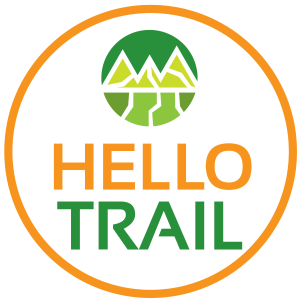Do you remember the last time you went hiking out in nature? If not, this might be the reason for any heightened stress levels, anxiety, or a general feeling of disconnect you are experiencing.
It can be challenging to find time in your busy life to spend outdoors. But there is significant scientific evidence supporting the age-old idiom “take a hike.”
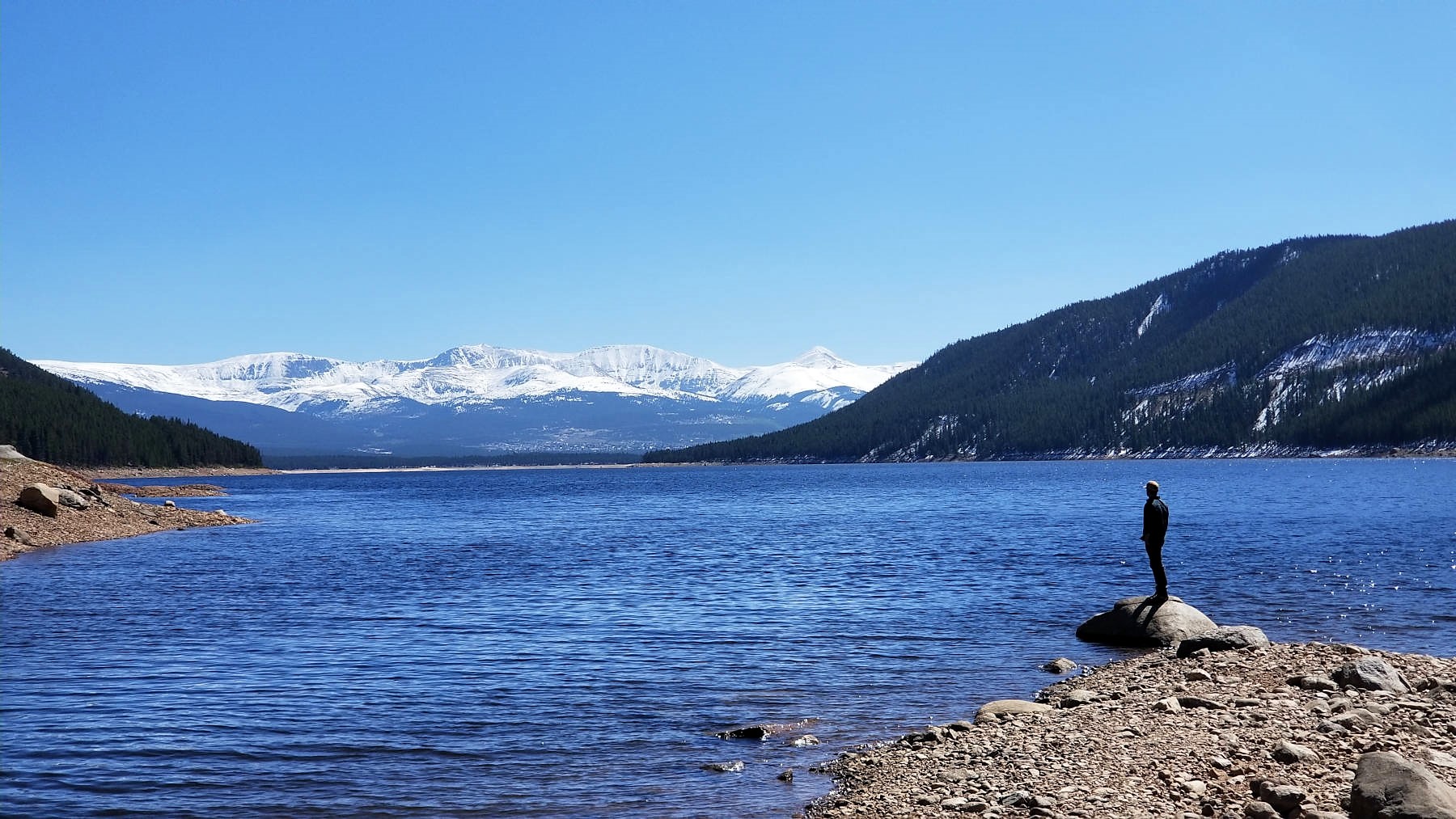
The mental benefits of hiking extend beyond the obvious. Short on time? Try hiking once a week. You’ll be amazed at how different you’ll begin to feel.
Scientists explored the psychological benefits of hiking along with the physical rewards, and it’s hard to argue with the results, so what are you waiting for!
Mental Benefits of Hiking
Researchers at Stanford University have spent decades studying the effects of hiking on the psyche. They concluded that time spent in nature has a measurable positive impact on mental health and could even diminish the destructive effects of depression and anxiety.
The best part? Exposure to nature doesn’t have to equate to an intensive multi-day trek through the middle of untouched wilderness.
On the contrary, a simple stroll through any natural area – even if it’s in the center of a concrete jungle such as New York City – has a relaxing effect on parts of the brain linked to mental illness.
The healthy recipe? Nature and movement… you need both elements. Depression and anxiety might seem like they’re on opposite ends of the mental health spectrum, but that’s far from the truth.
They’re extremely functionally related.
Anxiety is defined as unease related to an uncertain outcome, while depression is a persistent feeling of loss of interest. What’s the common denominator? Lack, unease, and loss.
In a nutshell – Hiking is good for the head, not to mention the body, heart, and soul.
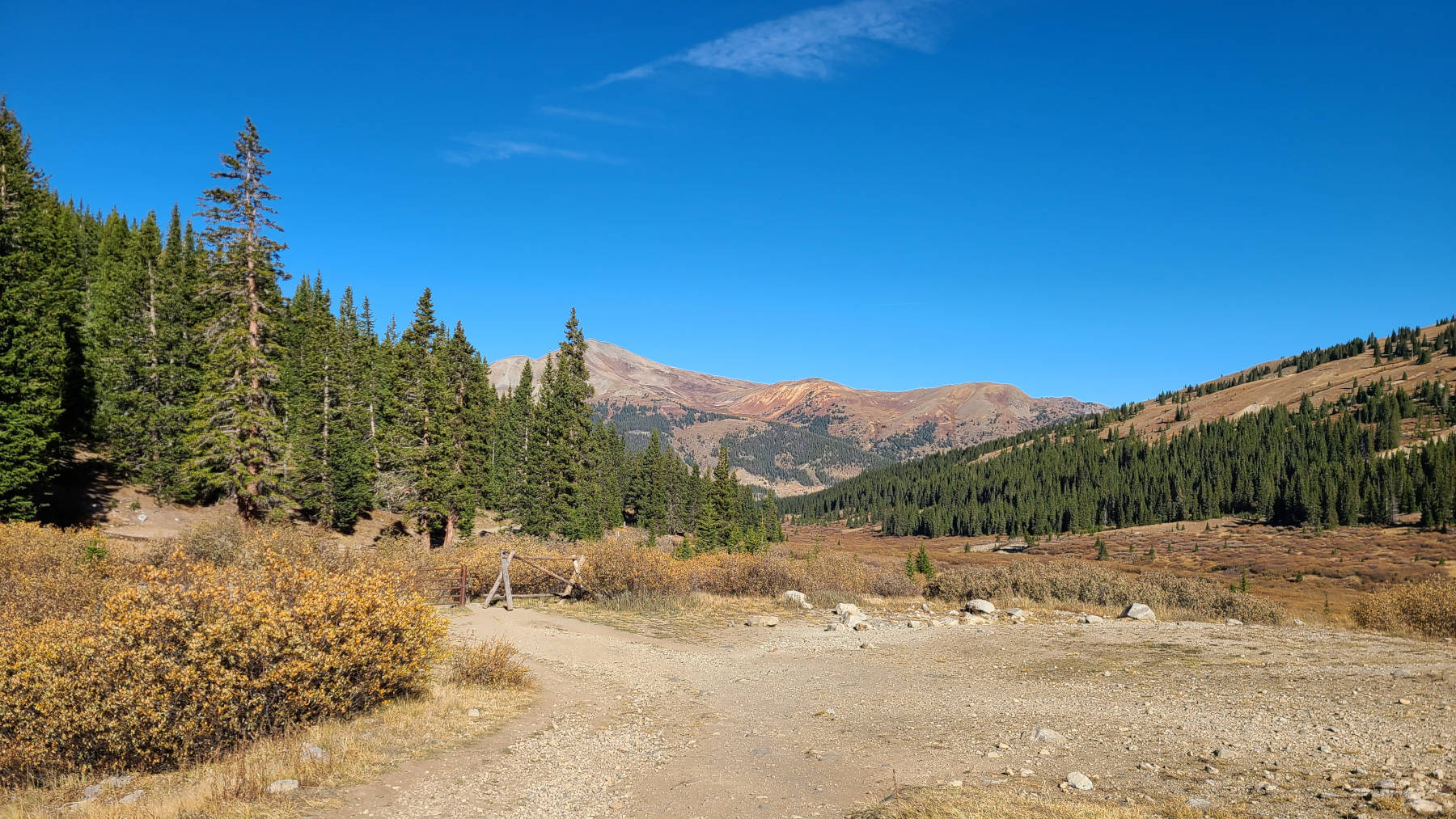
How does hiking come into play? Similar to how medications can synthetically fill neurotransmitters in the brain with substances they lack, such as serotonin or dopamine, hiking delivers the same benefits in a two-for-one package.
Related: Why Do People Like Hiking
The tranquility of being out in nature is associated with raising serotonin levels, and the same can is said for exercise.
When you combine the two, you have a pretty effective mental health regulator.
Furthermore, getting out in nature doesn’t just improve your mental state. The benefits reach beyond your head and into your heart and body as well, helping to heal both emotional trauma and pesky physical ailments. War veterans have found peace through hiking some of the country’s most rugged trails.
Victims of sexual abuse utilize backpacking trips as a way to not only restart their lives healthily but come to terms with the past. Haunting memories seem much less daunting when surrounded by the sound of tweeting birds, branches swaying in the wind, and having your body rooted in the present.
Emotional Benefits of Hiking
Spending time in nature has been scientifically proven to be good for the heart, both physiologically and figuratively.
Not only can exploring the trail decrease blood pressure and cholesterol levels – thereby reducing the risk of heart disease, diabetes, and strokes, but it can improve your mood and general outlook on life.
The sights, sounds, and smells of nature can calm your busy mind and soothe your tired soul. Helping you transform into a more emotionally balanced and positive person, leading to more creativity and natural energy.
Who needs caffeine when you can step outside and take one whiff of delightful pine to get the same uplifting effect?
Plus, when you’re moving your body through a natural space full of blossoming flowers, trilling birds, and deeply rooted trees, you’ll get a boost of serotonin in your brain. Serotonin is the chemical responsible for feelings of happiness and well-being.
So, while your body is getting the exercise it needs to survive, your brain is also working out. This contributes to a general feeling of positivity and calmness.
Still uncertain? After a bad day, take a stroll down a wooded trail or along a sandy beach and ask yourself how you feel.
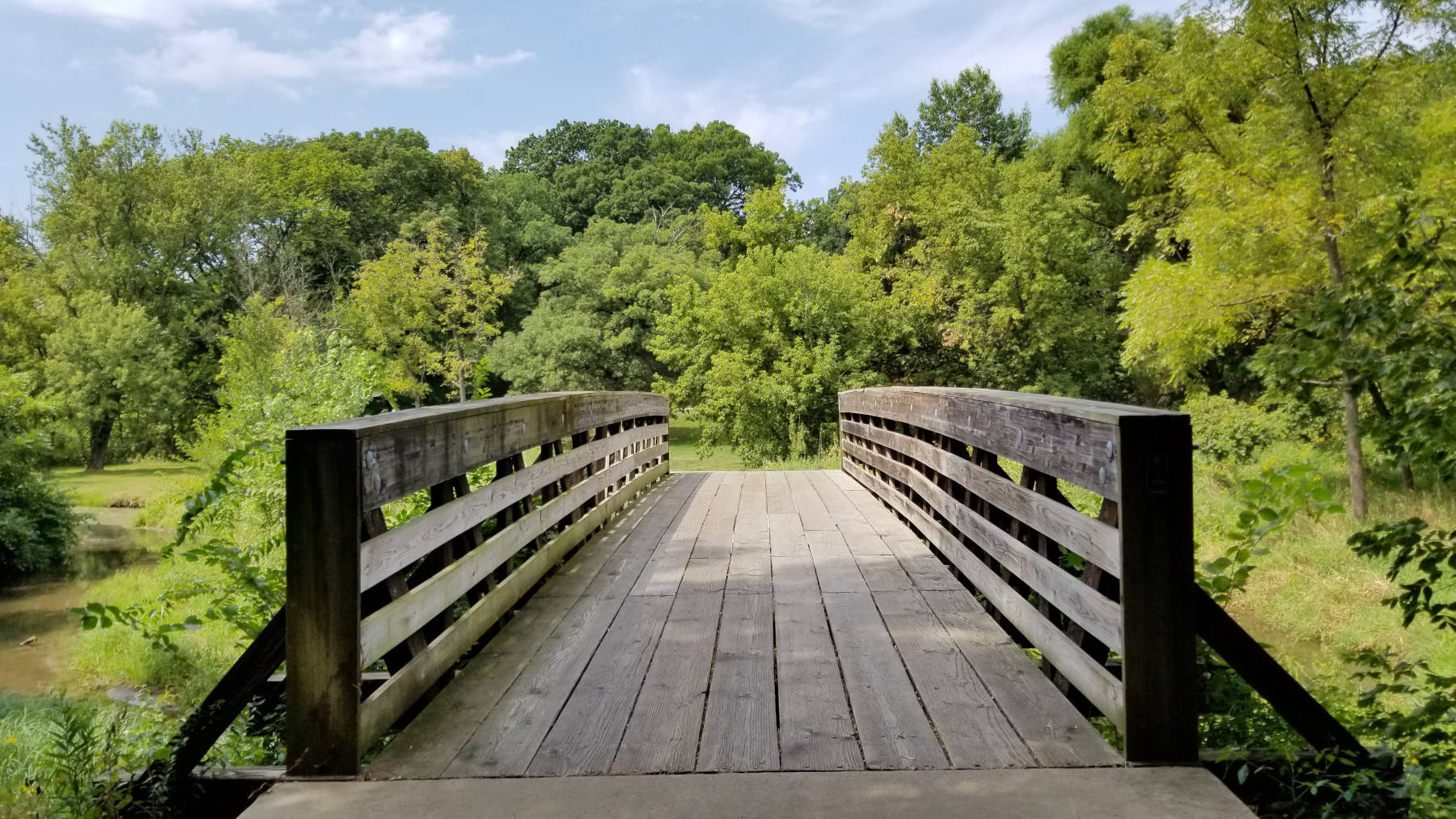
Physical Benefits of Hiking
Walking on flat terrain involves moving the legs forward on a level surface and doesn’t require a significant exertion of energy. But hiking often means traveling across uneven surfaces, such as mountainous terrain or sandy rocks.
According to a study conducted by the University of Michigan, your body’s natural output of energy increases by up to 28%. This study also found that walking on uneven terrain (a.k.a “hiking”) changes the way muscles in the legs lengthen or shorten, depending on the severity of the slope, curve, or incline.
In turn, increasing the total amount of energy your body expends during a hike meaning you can burn 400 – 700 calories on a single hike, depending on the difficulty.
That’s not bad for a stroll through the woods! Hiking increases energy expenditure, making it a far more beneficial exercise than walking on flat pavement.
Hiking on rough or uneven ground also encourages the body to utilize muscles in the hips, knees and ankles that otherwise may not be getting the use they need. It’s essential to use these muscles in this way to keep them healthy and limber as you age.
That’s why hiking can also improve balance and stability – if done in moderation and with guidance.
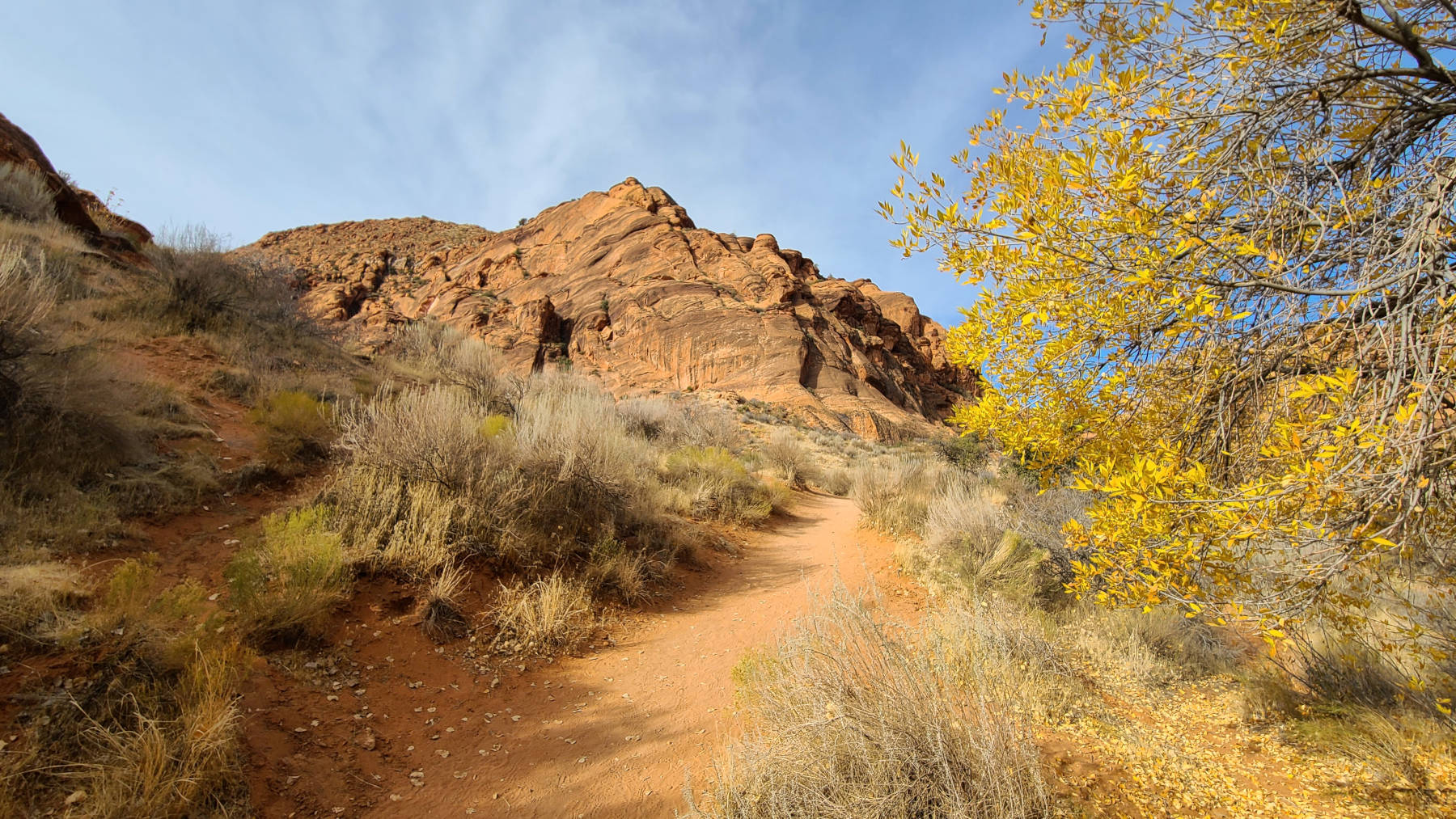
While burning calories might be of utmost importance when you’re younger, as you age, factors like balance and flexibility come into play, and this is where hiking differentiates itself from its more common pavement-pounding friend.
Of course, hiking is full of inherent risks, like any outdoor activity, but the benefits far outweigh the potential hazards associated with improper technique.
Social Benefits of Hiking
An additional way to boost your mood is to bring some friends along or join a hiking club for beginners. Who doesn’t love going for a long walk while catching up with an old friend or getting to know a new acquaintance?
Researchers from the University of London recently studied the effects of immersing people in nature for four days without technology. The results were astonishing.
They found that sustained exposure to the natural world improved higher-level cognitive functioning, such as problem solving and creativity, and made participants feel more connected to the people they spent time with in the wilderness.
Wrapping It Up Take a Hike…
Lay down your phone and refrain from constantly checking your email for an hour. Instead, go for a focused, rigorous walk down a natural trail.
While the activity may seem difficult at first, the rewards will be worth the struggle. Hiking will help you find relaxation and focus in your daily life.
After a short hiatus in the woods, you will also feel more connected to the people you wander with.
The next time you are free, make sure to grab a close friend – or maybe a co-worker you’ve meant to reach out to – and head out on a hike.
You will both feel a lot better as you soak in the beauty of the surrounding landscape, inhale the soothing fragrances in the air, and stretch your limbs as you stroll down the trail.
If you’re looking for an equally fun, refreshing, healthy, and affordable activity – hiking is an all-in-one package.
